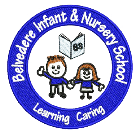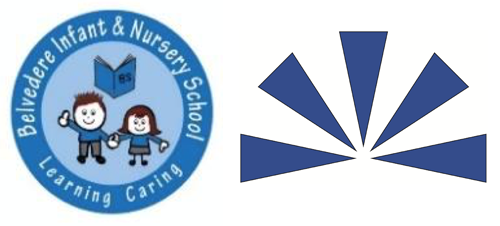Home | Learning | Curriculum | Subjects | Religious Education
Religious Education
Home | Learning | Curriculum | Subjects | Religious Education
Religious Education
Two
Schools
One
Vision
Religious Education
At Belvedere Infant and Junior Schools, we celebrate diversity and believe that Religious Education (RE) provides an important opportunity to recognise and respect differences within our school, local community and the wider world. RE encourages pupils to develop tolerance, respect and understanding for people of all faiths and none. It also gives children the chance to reflect on their own beliefs, values and identity, preparing them to live in a world that is diverse in culture and religion.
At Belvedere Infant and Junior Schools, we follow the Bexley Agreed Syllabus for Religious Education, which is structured into three strands: believing, expressing and living. Our teaching provides pupils with opportunities to investigate, reflect and discuss, as well as to learn from and about different religions and worldviews.
Statutory Context
RE is part of our duty to promote pupils’ spiritual, moral, social and cultural development. It supports our wider responsibility to prepare pupils for life in modern Britain by promoting British values such as tolerance and mutual respect.
Withdrawal
While RE is statutory for all pupils, parents do have the right to withdraw their child from all or part of the RE curriculum. Any requests for withdrawal should be made to the Executive Headteacher.
RE Curriculum Rationale

BIS Curriculum



